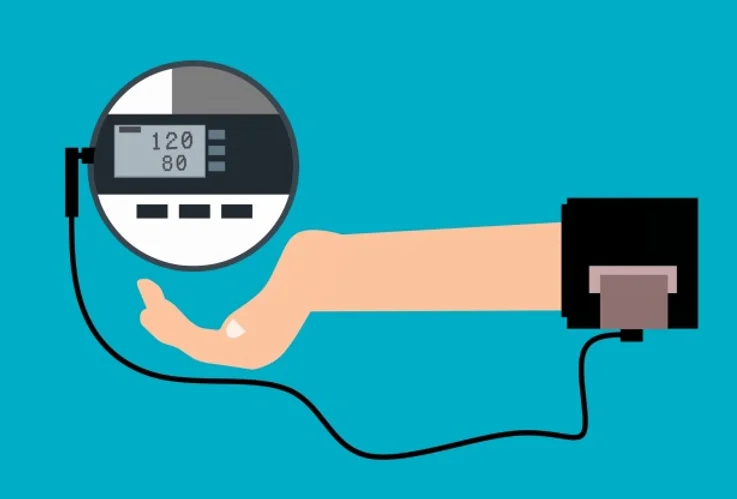What is postural hypotension?
Postural hypotension is the fall in blood pressure when moving from a seated or lying position to standing and can be associated with an increase in falls.
It’s common practice in hospitals to take a lying ans standing blood pressure, it’s likely this would have been checked if you’ve been to hospital recently.
Who can it affect ?
More often, older adults living with a chronic disease have an increased chance of developing postural hypotension. This may be due to many reasons such as:
- Medication (e.g. blood pressure tablets or diuretics)
- Peripheral or Autonomic neuropathy (commonly noted in people living with dementia, Parkinson’s disease and diabetes)
- Physical deconditioning (e.g. been unwell in hospital)
- Been on bed rest for a period of time
- Infection/dehydration
What are the symptoms?
The common symptoms of postural hypotension are:
- lightheadedness or dizziness
- feeling sick
- blurred vision
- generally feeling weak
- confusion
- fainting
What happens to my body when I have postural hypotension?
When a person moves from a lying to sitting position the stress of gravity moves blood into the veins of the legs and trunk. This quick flow of blood to the legs leaves a reduction in the amount of blood being pumped to the heart and brain causing a drop in blood pressure and a feeling of lightheadedness.
How do we test for postural hypotension?
The Royal College of Physicians has developed a clear flow chart for the procedure. You will need a clock, a pen and paper to record the blood pressure results and a blood pressure cuff.

Once you have completed the blood pressures in lying, standing and standing after 3 minutes then you will have you set of blood pressure results. It’s important to note if your having symptoms throughout taking the blood pressures. If at any point you feel to unwell to continue then return to bed.
A drop of the systolic (the top number) of 20 or more would suggest a positive postural hypotension finding. If you find your results suggest this, then you should contact your GP and discuss your results. Your GP may consider alternating certain medications that could contribute to a postural hypotension or start you on medication to increase your blood pressure.
I hope this post about postural hypotension helps you or someone you may be looking after, Please get in touch if you think we can help with anything.

